Indian television simply don't want to take a chance
Now-a-days programme cloning as it is popularly termed has become a common notion. From KBCs, to Indian idols to Sach ka samna, all have successfully made their way to India and quite frankly, the channels too are loving the fact that they can earn TRPs with such shows.
So what is exactly one mean by programme cloning?
Well, when the production ideas and techniques of a programme in one television market is used to make a similar programme, it's called programme cloning. For some it's format adaptation, but the fact is it is still carrying the ideas of one programme to make a brand new show.
Programme cloning started in India very early. The only difference being, earlier it was not as commercialised as it is now, so it went un-noticed. It began in 1984 when a series of Mexican tele serial promoting social and educational themes such as family planning and women's rights was adapted in India.
The ever-so popular serial Hum Log, which ran into 156 episodes, was perhaps the first one. Hum Log as we all would remember was India's first television's first soap opera. It began telecast on Doordarshan, India's National Network on July 7, 1984, then the only television channel of India, and it quickly became immensely popular.
Indian audiences loved the show and the characters became legendary and a common topic of discussion. Hum Log is the story of an Indian middle class family of the 1980s and their daily struggles and aspirations.
The idea of the TV series, came to then Information and Broadcasting Minister, Vasant Sathe after a Mexican trip in 1982, and soon the idea for Hum Log was developed in collaboration with writer Manohar Shyam Joshi, who scripted the series, and filmmaker, P. Kumar Vasudev, who went on direct the series.
What Hum Log did was that it opened a pandora box, giving in new soaps, quiz programmes, talk shows and game shows.
It proved to be a trigger, which allowed programmes like Ramayan, Buniyaad, Udaan, Mahabharat, which cashed in on the viewership. These programmes were also had an edge in the sense that there wasn't many private channels available at that time, so Doordarshan scored big time with these prime-time shows.
But as the private channels appeared onto the scene after the cable tv boom, things have changed dramatically and the viewership pattern too has immensely changed.
Kaun Banega Crorepati, the adapted version of Who wants to be a millionaire was perhaps the first to start the boom. KBC was first suggested by the Hong Kong-based head of Asia-Pacific programming for StarTV to first have a look and therefore videos of the programme were sent to Mumbai.
Once it was approves a three member team from UK was sent to train the production team and later on the production crew members were sent to US to understand the concept.
Yes Amitabh Bachan did have a role in the success of the programme, but the questions were all designed by quiz master Siddharth Basu.
Quiz programme and cloning is nothing new. Basu had earlier successfully conducted a quiz show called mastermindâ€an adapted version of BBC's programme. Besides this various sports quizzes have been taken from one place or the other. In the end KBC was a roaring success and till date it's perhaps one of the most successfully cloned programme in India.
Ask people from the media world and they would tell you that tried-and-tested formula gets TRPs.
PM Balakrishan, VP Allied Media feels that the reason why the shows have done well is the fact that they are tried and tested and they have proven themselves in the past.
"It is a simple logistic for ratio of success. These shows have done well as they are proven shows. People are the same everywhere, they may have a different colour, culture or race but all these things are no boundaries when it comes to their wishes, emotions and aspirations. So what has worked there will work in India as well. Proof is the ratings that they get," he says.
Balakrishnan says that there is nothing to do whether they are original or not as most of them have worked in other markets. "It is nothing to do about original thinking and talent it is about pure mechanics of commercials what can be most profitable and what can be quickly turned around and give visibility for the channels.
"At the same time India has got huge talent and we can churn out our own reality shows which eventually should be adapted internationally as a format and there is scope for that. It will come up but currently I don't see it as the channels are very clearly fighting for their market share," he adds.
Ajit Varghese, MD, Maxus feels that despite cloning there is a certain bit of uniqueness to the show and all of them have done extremely well. "India has enough talent that's why the soaps are running so successfully. It is just that reality formats -- if there are successes across various countries it's easier to do it," he says.
"So whether it is some of the dance formats or Rakhi ka Swayamvar there are uniqueness that has been created," he adds.
Varghese feels with the growing competition in the world, the channels are not yet ready to take the risk. "The risk of failure like a growing, emerging world like ours is not ready to take. Especially in a very fragmented scenario where every month the channel shares are changing, revenues are fluctuating so that is not the time when you take too many risks.
"When it becomes a stable scenario in the entertainment industry then people will take risks. IPL is the biggest content risk that has changed the world. So it is not about talent but about risk taking capability. Roadies is an excellent example," he explains.
But does that mean that we don't have any indigenous prime-time shows running on now?
Not really! Things aren't as bad as they look. We have shows like Boogi Woogi, Crime Patrol, Comedy Circus and Entertainment Ke Liye kuch Bhi Karega as our original content.
Ask Ajit Thakur, Executive Vice president and Business head, Sony Entertainment television and he would tell you that it's just a matter of time before Indian programmes make it big outside.
"If we have KBC and Indian idol as international formats, we have Boogi Woogi, Comedy Circus, and Crime Patrol, which is home grown. In fact, Crime Patrol have been inquired for taking it internationally. So there are four or five shows, which have done well and we are planning to export internationally. There is no reason why Indian television cannot go internationally," he says.
However Anand Halve ,NCD, Chlorophyll feels that it's the insecurity, which the channels have that is forcing them to go for tried and tested programmes. "We feel that anything which has an international label is more saleable and that's the reason we claim people like Indira Nooyi and M Knight Shyamalan as Indians where as long time back they have loudly and clearly declared that they are Americans," he says.



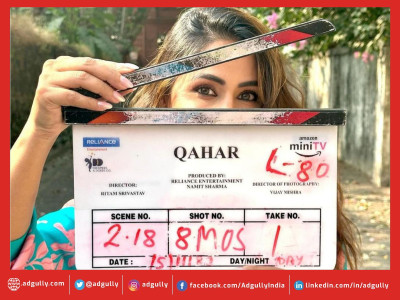
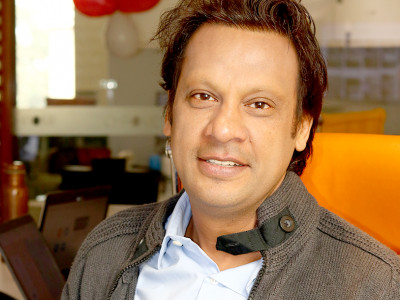
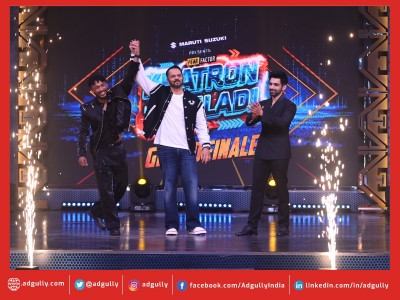


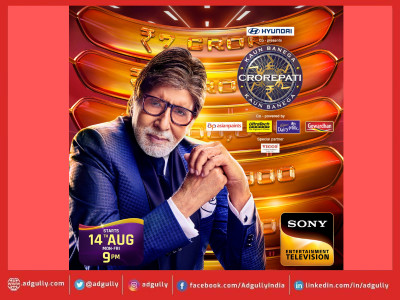




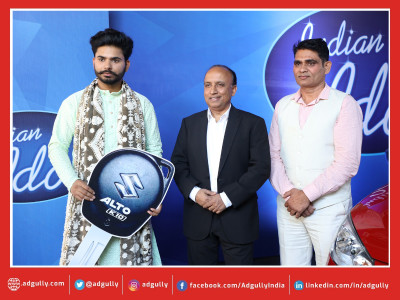
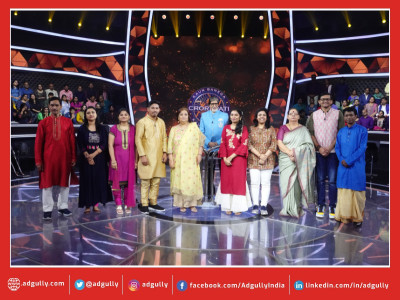

Share
Facebook
YouTube
Tweet
Twitter
LinkedIn